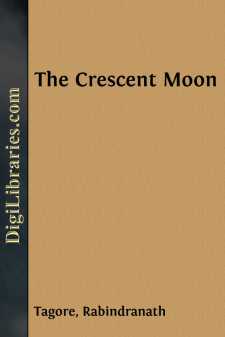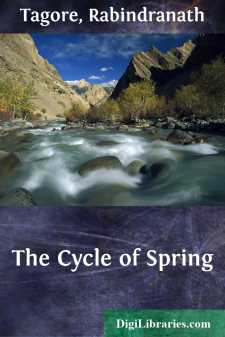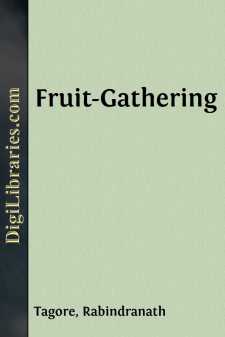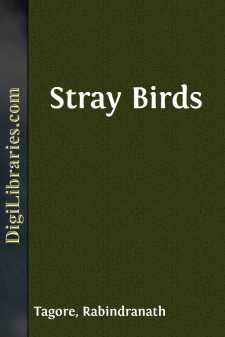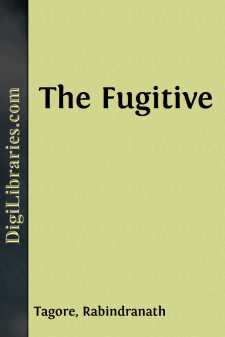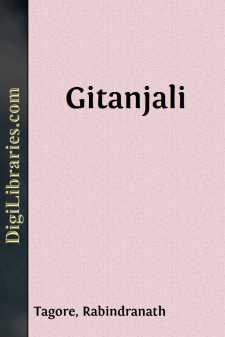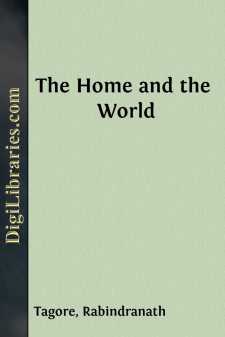Categories
- Antiques & Collectibles 13
- Architecture 36
- Art 48
- Bibles 22
- Biography & Autobiography 813
- Body, Mind & Spirit 142
- Business & Economics 28
- Children's Books 17
- Children's Fiction 14
- Computers 4
- Cooking 94
- Crafts & Hobbies 4
- Drama 346
- Education 46
- Family & Relationships 57
- Fiction 11829
- Games 19
- Gardening 17
- Health & Fitness 34
- History 1377
- House & Home 1
- Humor 147
- Juvenile Fiction 1873
- Juvenile Nonfiction 202
- Language Arts & Disciplines 88
- Law 16
- Literary Collections 686
- Literary Criticism 179
- Mathematics 13
- Medical 41
- Music 40
- Nature 179
- Non-Classifiable 1768
- Performing Arts 7
- Periodicals 1453
- Philosophy 64
- Photography 2
- Poetry 896
- Political Science 203
- Psychology 42
- Reference 154
- Religion 513
- Science 126
- Self-Help 84
- Social Science 81
- Sports & Recreation 34
- Study Aids 3
- Technology & Engineering 59
- Transportation 23
- Travel 463
- True Crime 29
Glimpses of Bengal Selected from the Letters of Sir Rabindranath Tagore
Description:
Excerpt
BANDORA, BY THE SEA,
October 1885.
The unsheltered sea heaves and heaves and blanches into foam. It sets me thinking of some tied-up monster straining at its bonds, in front of whose gaping jaws we build our homes on the shore and watch it lashing its tail. What immense strength, with waves swelling like the muscles of a giant!
From the beginning of creation there has been this feud between land and water: the dry earth slowly and silently adding to its domain and spreading a broader and broader lap for its children; the ocean receding step by step, heaving and sobbing and beating its breast in despair. Remember the sea was once sole monarch, utterly free.
Land rose from its womb, usurped its throne, and ever since the maddened old creature, with hoary crest of foam, wails and laments continually, like King Lear exposed to the fury of the elements.
July 1887.
I am in my twenty-seventh year. This event keeps thrusting itself before my mind—nothing else seems to have happened of late.
But to reach twenty-seven—is that a trifling thing?—to pass the meridian of the twenties on one's progress towards thirty?—thirty—that is to say maturity—the age at which people expect fruit rather than fresh foliage. But, alas, where is the promise of fruit? As I shake my head, it still feels brimful of luscious frivolity, with not a trace of philosophy.
Folk are beginning to complain: "Where is that which we expected of you—that in hope of which we admired the soft green of the shoot? Are we to put up with immaturity for ever? It is high time for us to know what we shall gain from you. We want an estimate of the proportion of oil which the blindfold, mill-turning, unbiased critic can squeeze out of you."
It has ceased to be possible to delude these people into waiting expectantly any longer. While I was under age they trustfully gave me credit; it is sad to disappoint them now that I am on the verge of thirty. But what am I to do? Words of wisdom will not come! I am utterly incompetent to provide things that may profit the multitude. Beyond a snatch of song, some tittle-tattle, a little merry fooling, I have been unable to advance. And as the result, those who held high hopes will turn their wrath on me; but did any one ever beg them to nurse these expectations?
Such are the thoughts which assail me since one fine Bysakh morning I awoke amidst fresh breeze and light, new leaf and flower, to find that I had stepped into my twenty-seventh year.
Our house-boat is moored to a sandbank on the farther side of the river. A vast expanse of sand stretches away out of sight on every side, with here and there a streak, as of water, running across, though sometimes what gleams like water is only sand.
Not a village, not a human being, not a tree, not a blade of grass—the only breaks in the monotonous whiteness are gaping cracks which in places show the layer of moist, black clay underneath.
Looking towards the East, there is endless blue above, endless white beneath....




